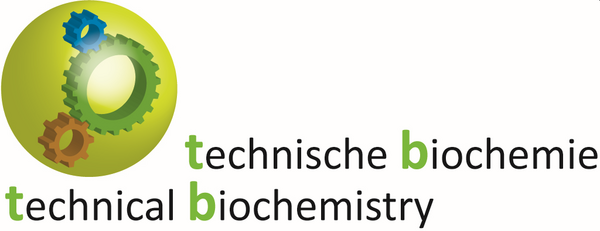Location & approach
The campus of the Technical University of Dortmund is located near the Dortmund West interchange, where the A45 Sauerland line crosses the B1/A40 Ruhr expressway. The Dortmund-Dorstfeld exit on the A40 leads to Campus-Nord. The university is signposted at both exits.
The "Dortmund Universität" S-Bahn station is located directly on the North Campus. From here, the S-Bahn line S1 runs every 15 or 30 minutes to Dortmund main station and in the opposite direction to Düsseldorf main station via Bochum, Essen and Duisburg. In addition, the university can be reached by bus lines 445, 447 and 462. Timetable information can be found on the homepage of the Rhine-Ruhr Transport Association. DSW21 also offer an interactive route network map.
One of the landmarks of the TU Dortmund is the H-Bahn. Line 1 runs every 10 minutes between Dortmund Eichlinghofen and the Technology Center via Campus South and Dortmund University S, while Line 2 commutes every 5 minutes between Campus North and Campus South. It covers this distance in two minutes.
From Dortmund Airport, the AirportExpress takes just over 20 minutes to Dortmund's main train station, and from there, the S-Bahn takes you to the university. A wider range of international flight connections is offered by Düsseldorf Airport, about 60 kilometers away, which can be reached directly by S-Bahn from the university's train station.
Plan of site & interactive map
The facilities of TU Dortmund University are located on two campuses, the larger North Campus and the smaller South Campus. In addition, some university facilities are located in the adjacent Dortmund Technology Park as well as in the city center and the wider urban area.
Close Meta-Navigation






